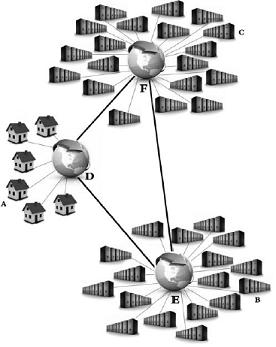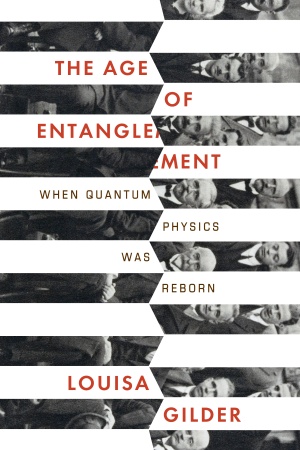My new network neutrality paper has prompted a cogent criticism from Steve Schultze at Harvard’s Berkman Center. Since Steve has helpfully broken his critique up into two parts, I’ll deal with them in turn. Here’s his first point:
The gating question is whether or not the elements of the Interstate Commerce Commission that led to the inefficiencies that Lee claims are at all related to the non-disciminatory language that he claims connect the two. If and only if the answer is “yes,” then a responsible analysis would consider whether or not the markets are relatively analogous, whether or not the administrative agencies tend toward the same failures, and whether the costs of regulation truly outweigh the benefits. In short, it is not enough to simply assert that net neutrality smells like the ICA, therefore it is doomed to fail.
I think this rather badly misunderstands the thrust of my argument with respect to the ICC (and the CAB and FCC). I’m absolutely not claiming that enacting network neutrality regulations will lead to exactly the same policy failures that befell the ICC. This would be a silly thing to argue, especially since (we hope) policymakers learn from their mistakes and take steps to avoid the precise mistakes they made in the past.
So my point is not that “net neutrality smells like the ICA, therefore it is doomed to fail.” Let me re-state my point this way: imagine putting yourself in the shoes of an average member of Congress in 1887. You’re worried about the monopolistic behavior of the railroads, and you’re about to vote on legislation that will require rates to be reasonable, non-discriminatory, and so forth. You would be extremely surprised to learn that the commission whose creation you just supported would wind up working primarily to limit competition and lining the pockets of incumbent railroads. That’s not what the legislation said it would do, that’s not what you intended to accomplish, but it turns out that’s what actually did happen.
Now imagine it’s 2009, and you’re a member of Congress deciding whether to vote on legislation. You’re worried about the monopolistic behavior of the telcos, and you’re about to vote on legislation that will require their routing policies to be reasonable, non-discriminatory, and so forth. My point is simply that there’s a significant probability that the practical effect of that legislation will be very different from what you or the legislation’s authors intended. And that history tells us that the regulatory process has a systematic bias in favor of well-organized incumbents and against poorly-organized consumers. And so if you’re going to give a regulatory agency more power, you’d better be absolutely certain you know what you’re doing, because any mistakes are likely to benefit industry incumbents at the expense of consumers.
What specific problems will we have? Well, it’s hard to say. That’s why it’s called “unintended consequences.” If we could predict exactly how legislation would be applied, the argument for regulation would be a lot stronger. My point is that precisely because it’s hard to predict how regulation will be applied, and because industry incumbents have more influence than the rest of us, we shouldn’t be too cavalier about giving regulators more power.
With that caveat in mind, I do point to some aspects of popular network neutrality proposals that could lead to problems. Most importantly, I have yet to see anyone produce a clear and unambiguous definition of network neutrality. Indeed, network neutrality advocates disagree among themselves about such issues as prioritization and DNS servers. Legal ambiguity creates a variety of problems, including discretion in the hands of regulators and increased difficulty for private-sector actors to determine what the law requires of them.
But to demand that I predict exactly what problems network neutrality legislation will cause is to miss the point. One of the biggest reasons reason we should be reluctant to enact network neutrality regulation is that legislation often has untintended consequences. Now, obviously that doesn’t mean that regulation is never a good idea, but it does mean that we should regard regulation as a last resort to deal with clear problems we can’t solve in other ways. It’s not a good way to deal with the kind of highly speculative threats that are the bread and butter of network neutrality activists.

 Tim Lee’s long anticipated Cato Institute Policy Analysis has been released today.
Tim Lee’s long anticipated Cato Institute Policy Analysis has been released today. 


 The Technology Liberation Front is the tech policy blog dedicated to keeping politicians' hands off the 'net and everything else related to technology.
The Technology Liberation Front is the tech policy blog dedicated to keeping politicians' hands off the 'net and everything else related to technology.